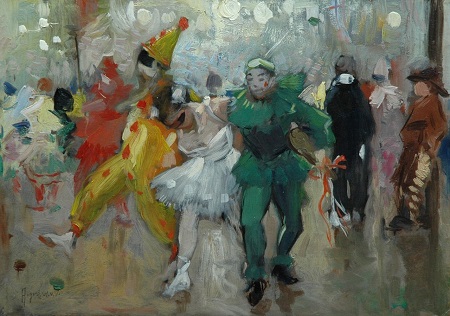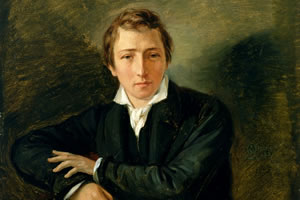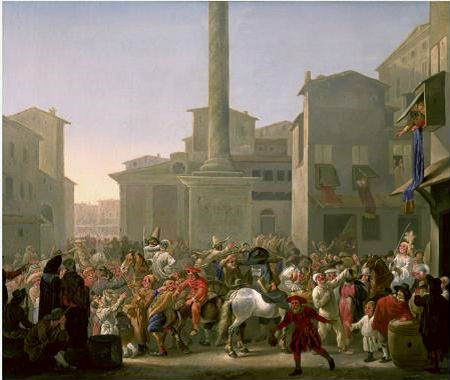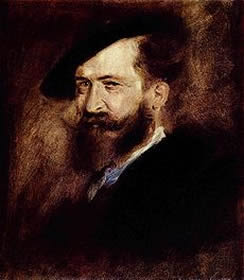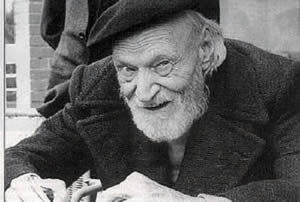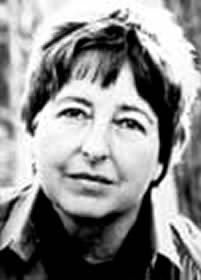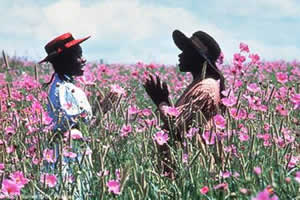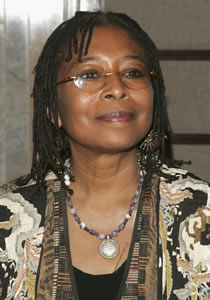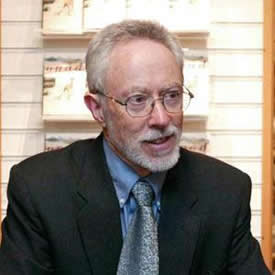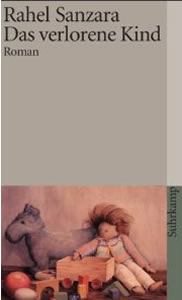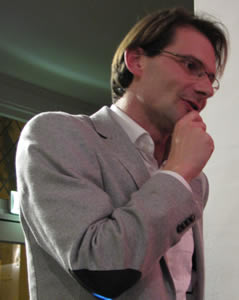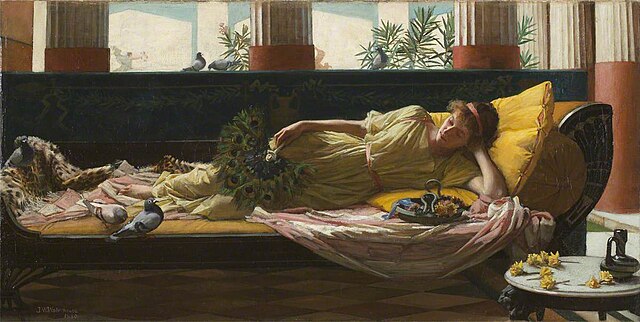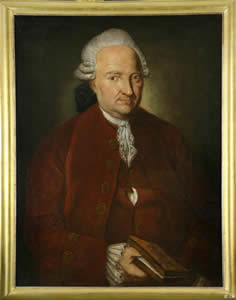De Noorse schrijver Johan Harstad werd geboren op 10 februari 1979 in Stavanger. Zie ook alle tags voor Johan Harstad op dit blog.
Uit: Buzz Aldrin, What Happened to You in All the Confusion? (Vertaald door Deborah Dawkin)
„The person you love is 72,8 percent water and there’s been no rain for weeks. I’m standing out here, in the middle of the garden, my feet firmly planted on the ground. I bend over the tulips, gloves on my hands, boots on my feet, small pruning shears between my fingers, it’s extremely early, one April morning in 1999 and it’s beginning to grow warmer, I’ve noticed it recently, a certain something has begun to stir, I noticed it as I got out of the car this morning, in the gray light, as Iopened the gates into the nursery, the air had grown softer, more rounded at the edges, I’d even considered changing out of my winterboots and putting my sneakers on. I stand here in the nursery garden,by the flowers so laboriously planted and grown side by side in their beds, in their boxes, the entire earth seeming to lift, billowing green,and I tilt my head upward, there’s been sunshine in the last few days, a high sun pouring down, but clouds have moved in from the North Sea somewhere now, Sellafield radiation clouds, and in short intervals the sun vanishes, for seconds at first, until eventually more and more time passes before the sunlight is allowed through the cumulus clouds again.I lean my head back, face turned up, eyes squinting, with the sun being so strong as it forces its way through the layers of cloud. I wait.Stand and wait. And then I see it, somewhere up there, a thousand, perhaps three thousand feet above, the first drop takes shape and falls, releases hold, hurtles toward me, and I stand there, face turned up, it’s about to start raining, in a few seconds it will pour, and never stop, at least that’s how it will seem, as though a balloon had finally burst, and I stare up, a single drop on its way down toward me,heading straight, its pace increases and the water is forced to change shape with the speed, the first drop falls and there I stand motionless, until I feel it hit me in the center of my forehead, exploding outward and splitting into fragments that land on my jacket, on the flowers beneath me, my boots, my gardening gloves. I bow my head. And it begins to rain.”
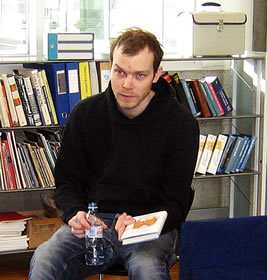
Johan Harstad (Stavanger, 10 februari 1979)
Lees verder “Johan Harstad, Åsne Seierstad, Simone Trieder, Bertolt Brecht, Boris Pasternak, Jakov Lind” →
